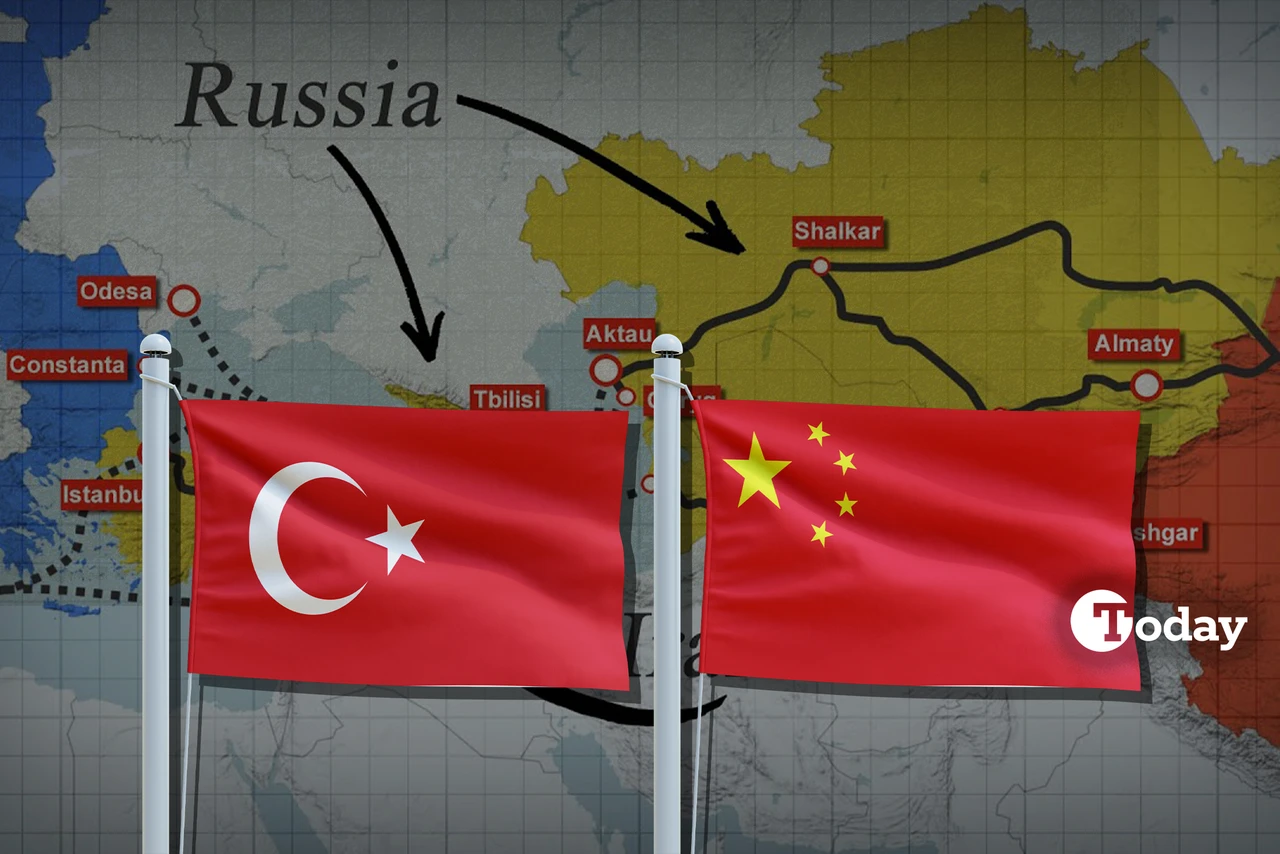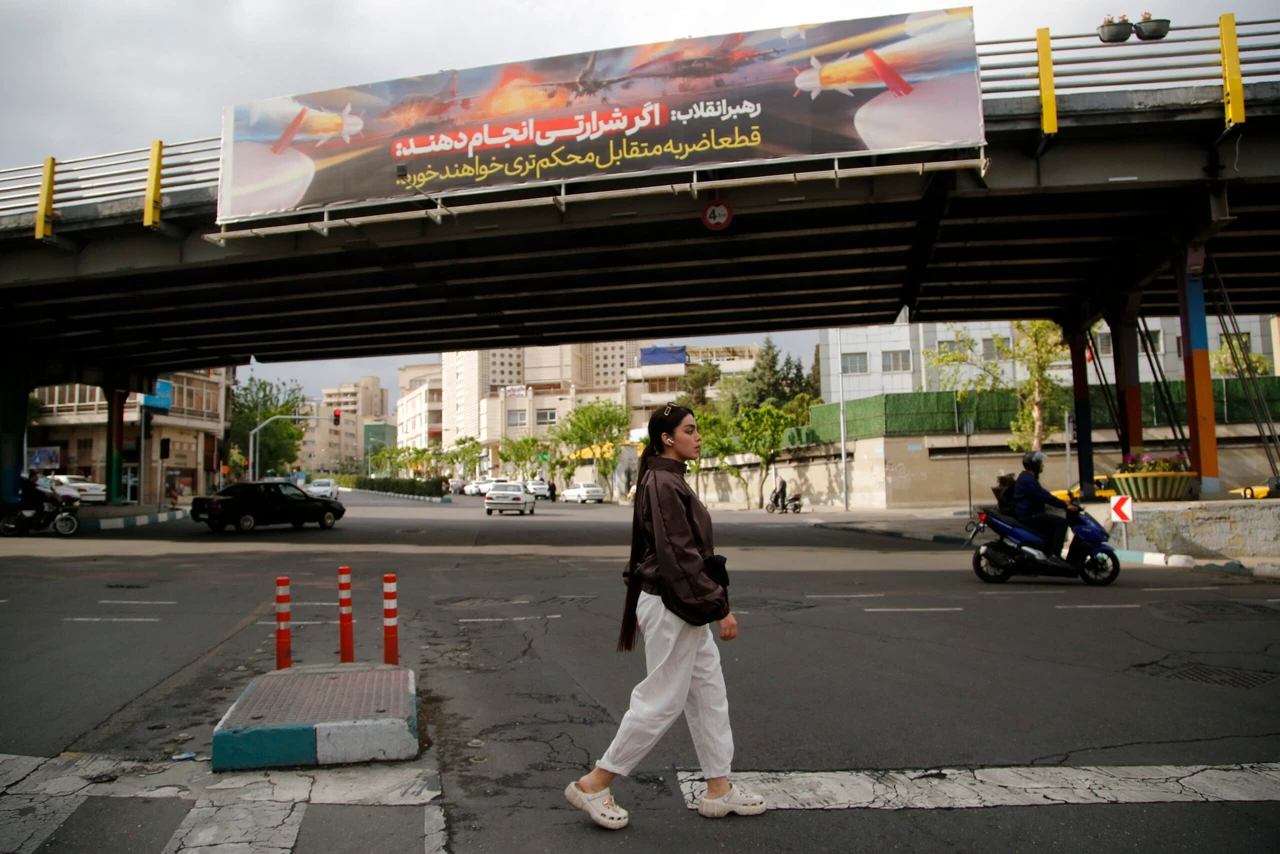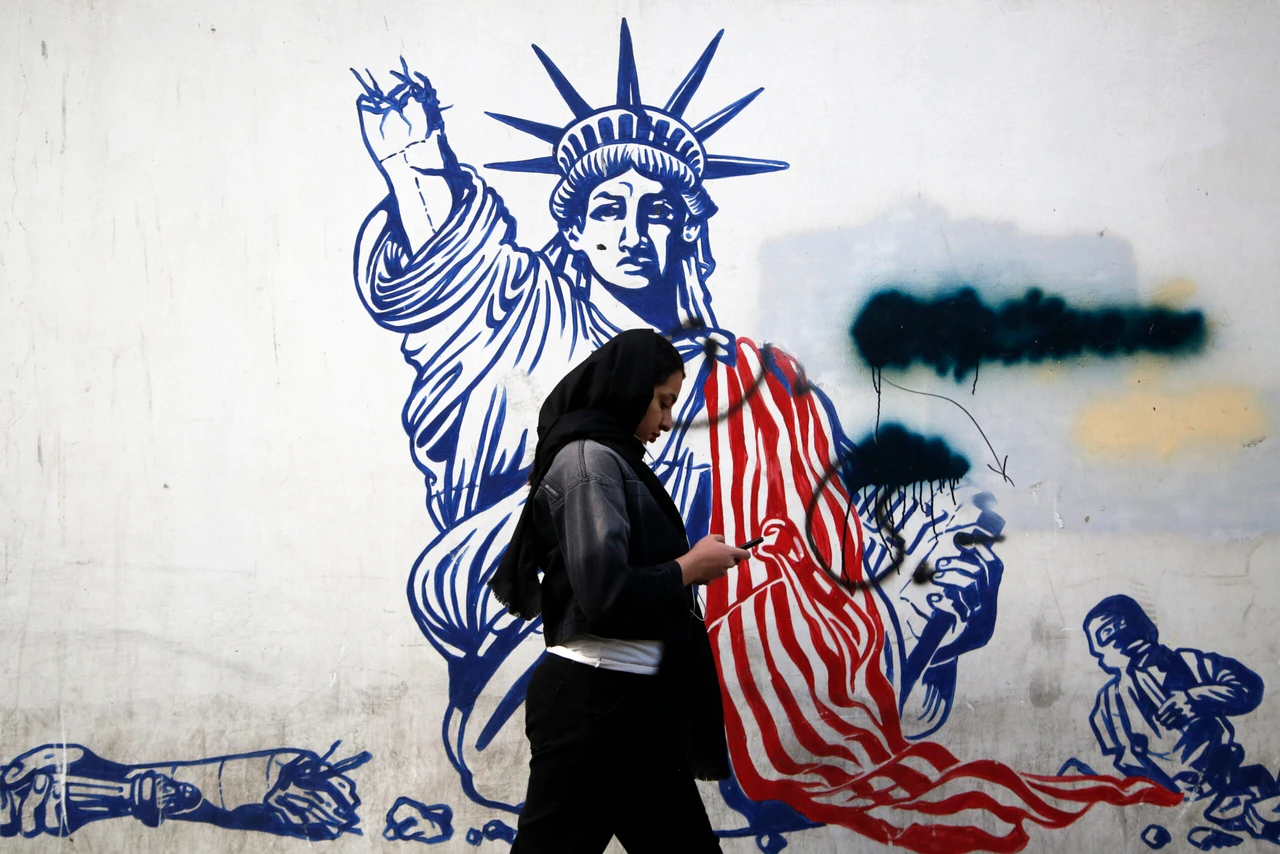Beijing strikes back: 84% tariff on US imports now in force
 This combination of pictures shows, L-R, Chinese President Xi Jinping in Beijing on February 6, 2025 and US President Donald Trump in Washington, DC on April 8, 2025, created on April 09, 202. (AFP Photo)
This combination of pictures shows, L-R, Chinese President Xi Jinping in Beijing on February 6, 2025 and US President Donald Trump in Washington, DC on April 8, 2025, created on April 09, 202. (AFP Photo)
China’s 84% tariff on American goods came into effect as of Thursday, in direct retaliation against U.S. President Donald Trump’s steep tariff hikes on Chinese imports.
The trade dispute has unfolded in a series of tit-for-tat tariff increases. Initially, China responded to Trump’s first round of tariffs with a 34% duty on U.S. imports, defying his warning that any retaliatory action would lead to further hikes. In response, Trump raised tariffs on Chinese goods to 104%.
Beijing countered again with the newly implemented 84% tariff. In a further escalation, the Trump administration raised tariffs to 125% on Wednesday, intensifying concerns over a prolonged economic standoff.
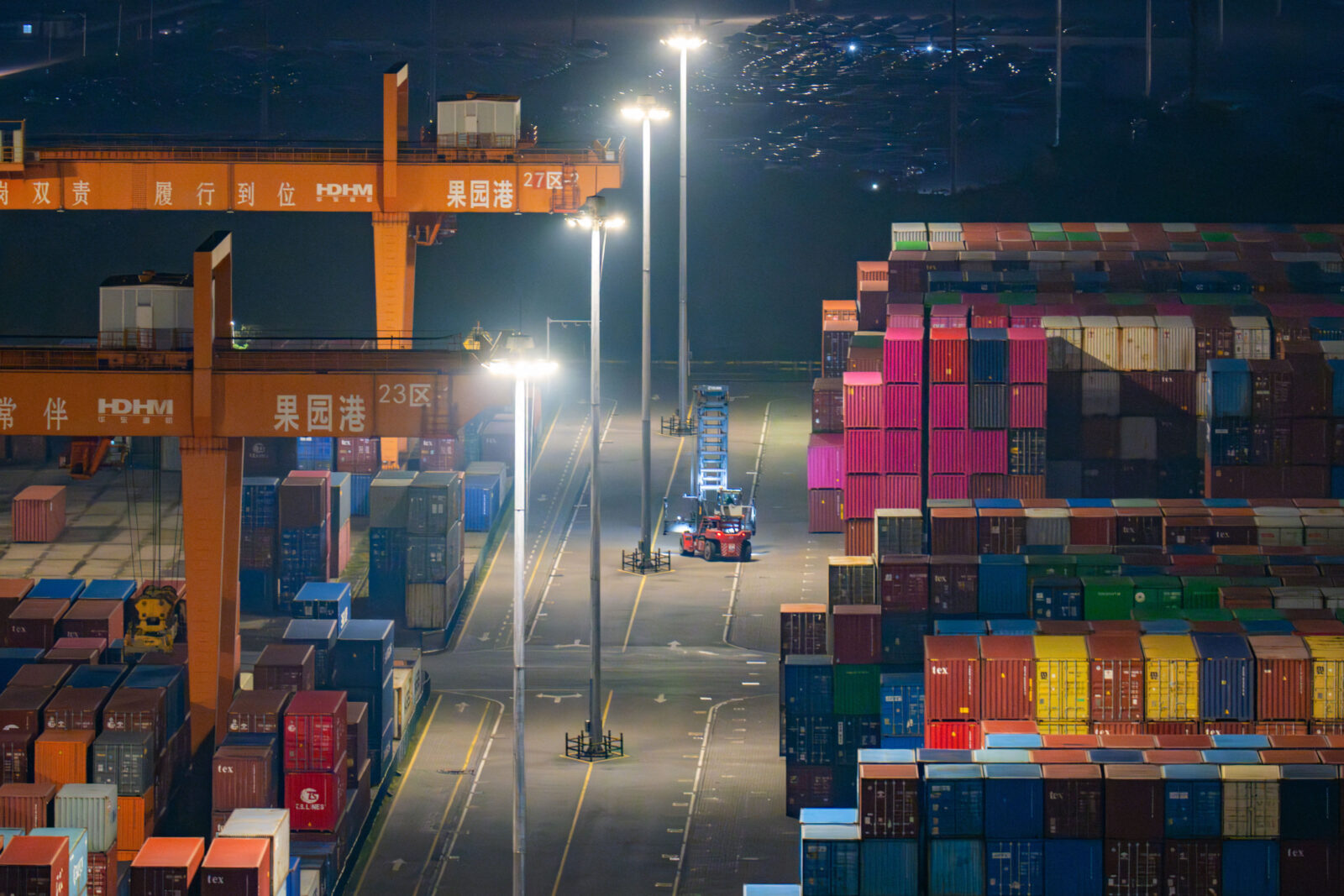
Beyond tariffs, China has taken additional measures by placing 18 U.S. companies on its trade restriction list.
These actions suggest that neither side is ready to de-escalate the conflict, and there are currently no indications of a near-term resolution.
China, EU seek unity to minimize tariff fallout
In a broader effort to cushion the economic blow of U.S. trade measures, China is actively working to strengthen its global trade partnerships.
President Xi Jinping is scheduled to visit Southeast Asian nations, including Malaysia, next week in what appears to be a diplomatic push to reinforce regional economic ties.
At the same time, China is deepening its cooperation with the European Union. According to China’s Ministry of Commerce, Beijing and Brussels have reaffirmed their joint commitment to the multilateral trading system, with the World Trade Organization (WTO) at its core.
The agreement came during a virtual meeting between Chinese Commerce Minister Wang Wentao and European Commissioner for Trade and Economic Security Maros Sefcovic, Chinese state media outlet Xinhua reported on Thursday.
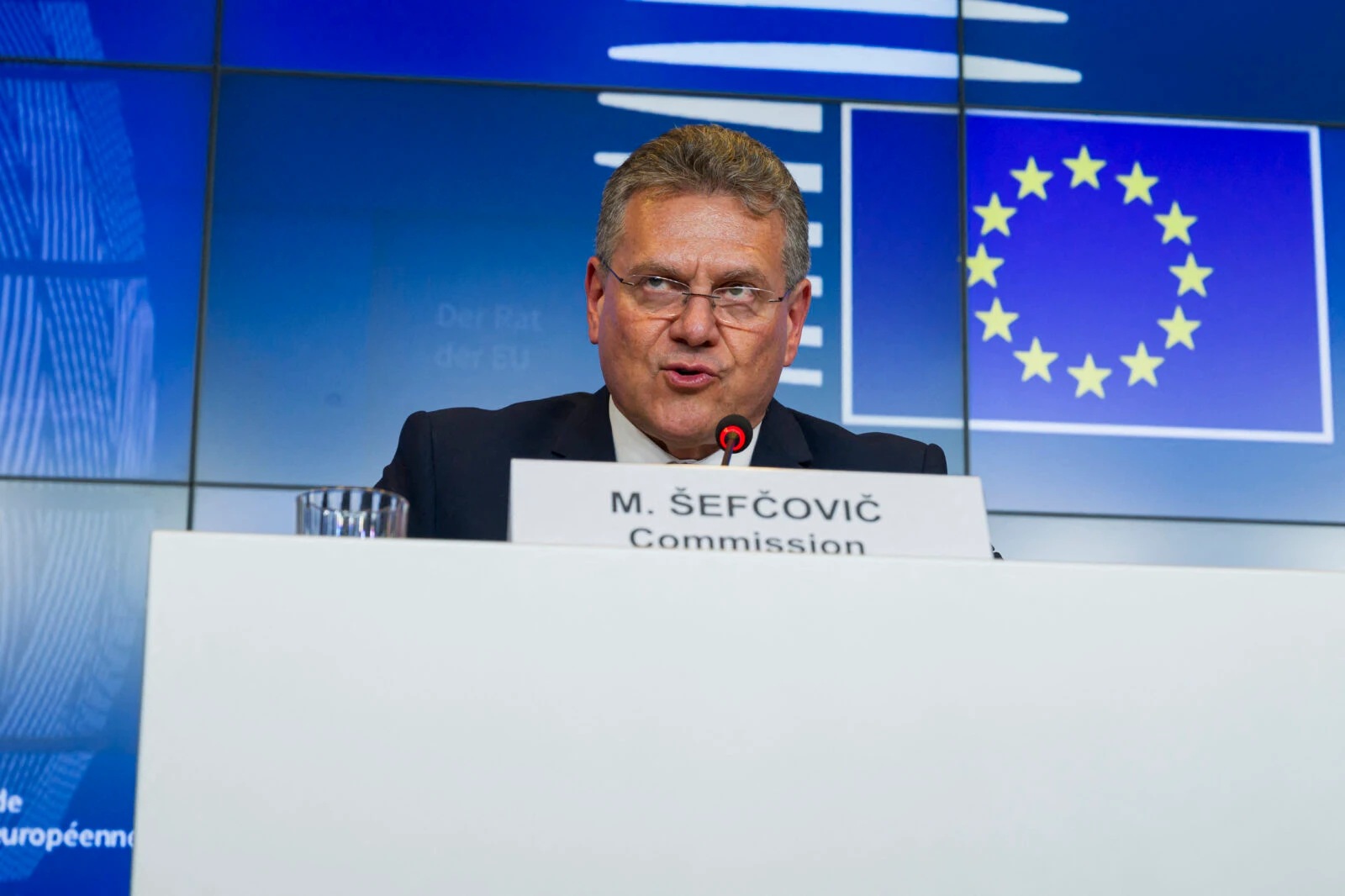
The two officials discussed various topics, including enhancing China-EU economic and trade relations and strategies to respond to what they referred to as the U.S.’s “reciprocal tariffs.”
Sefcovic reportedly stated that Washington’s tariff increases have severely disrupted global trade and expressed the EU’s willingness to work alongside China and other WTO members to ensure the smooth functioning of international commerce.
Trump tariffs hit the EU with a 20% measure, adding pressure to already-strained transatlantic trade relations.
Meanwhile, economic ministers of the ASEAN regional bloc said on Thursday that they would not respond to the Trump tariffs with any retaliatory measures in a joint statement after a video conference meeting.
The ministers expressed their desire to engage in negotiations with the U.S. over disputes, adding, “Open communication and collaboration will be crucial to ensuring a balanced and sustainable relationship.
In that spirit, ASEAN commits to not imposing any retaliatory measures in response to the U.S. tariffs.”
ASEAN nations, key exporters to the U.S., have been hit with steep tariffs by President Trump. Vietnam faces a 46% duty, Cambodia 49%, Laos 48%, Myanmar 44%, Thailand 36%, and Indonesia 32%.
Malaysia and Brunei were each hit with 24%, while the Philippines faces 17% and Singapore 10%.
